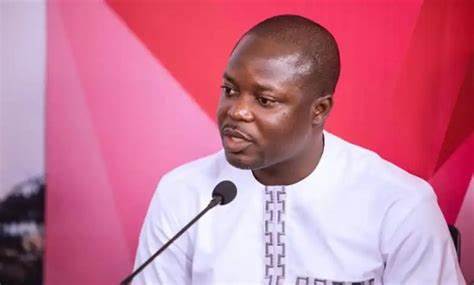The Executive Director of the Centre for Environmental Management and Sustainable Energy, Benjamin Nsiah, has sharply criticised state institutions for what he describes as economic mismanagement, arguing that their inefficiencies are being unfairly passed on to electricity consumers through increased tariffs.
His remarks follow the Public Utilities Regulatory Commission’s (PURC) announcement of new utility tariffs under its quarterly review mechanism. The adjustments, set to take effect on May 3, 2025, will see electricity tariffs rise by an average of 14.75%.
The PURC attributed the upward adjustment to several key economic indicators, including the depreciation of the Ghana cedi against the US dollar, inflation trends, fuel cost increases—particularly for natural gas—and the current generation mix between hydro and thermal power sources.
However, in an interview with ChannelOne News on Friday, April 18, Nsiah dismissed the justification as a reflection of failure and irresponsibility by those tasked with managing the country’s economy.
“What is happening about tariff adjustment is a reflection of an irresponsible state institution or persons who manage the state institutions. If the state fails to manage the inflation or act irresponsibly to manage it, it becomes a burden on the electricity user,” he said.
Nsiah also took issue with the inclusion of the cedi’s depreciation as a factor in determining utility tariffs, blaming the Bank of Ghana and the Ministry of Finance for mismanaging the economy and failing to stabilise the currency.
“In terms of depreciation of the currency, which is one of the factors in determining tariff, the Bank of Ghana and the Minister of Finance mismanage the economy so much that the cedi depreciates, they say the end user should pay for this particular cedi depreciation,” he lamented.
He further argued that the PURC’s reliance on these economic indicators as justification for the hike is fundamentally flawed, as the very institutions tasked with ensuring currency stability have failed in their responsibilities.
“I think that these state institutions and their appointees have not been fair to the end user because they are supposed to manage the cedi for it to be stable. I think that yes, they made certain justification for the adjustment, but that justification indirectly is irresponsible because the state actors who have been mandated to make sure the cedi is stable have not done their work well, and that inefficiency on their side is being passed on to the user,” he added.
